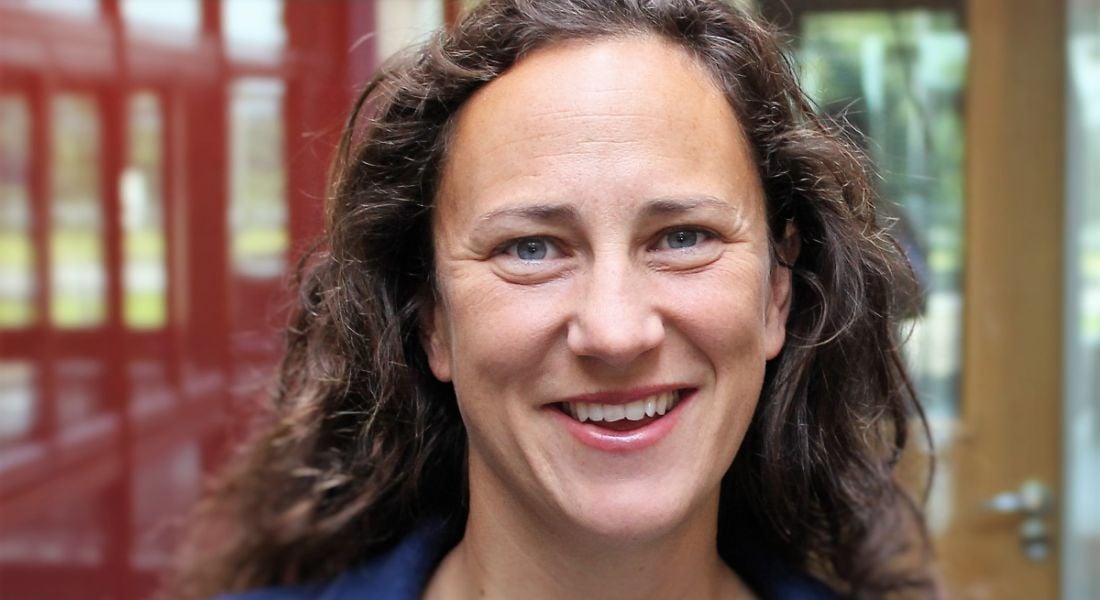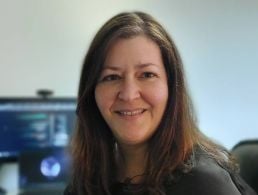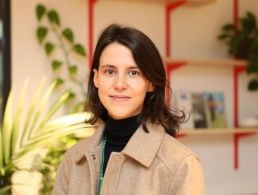There are a lot of roles in the STEM sector that are known, but little understood. Many roles within research fall into that category.
Understanding those research roles is one thing. Becoming successful in them altogether another. Zeta Dooly, a security researcher at TSSG, part of Waterford Institute of Technology, tells us about her career path, and what has brought her to the role she now has.
What first stirred your interest in a career in this area?
I was first enticed to software engineering when mobile phones were not commonplace, and so I wanted to be part of the technical revolution. I had already been involved in our family business fixing machines and felt that a hands-on approach to technology would suit me best. Being at the edge of technology innovation is where I’m happiest!
What steps led you to the role you now have?
I started my career in the telecommunications industry, where mobile phones, masts, base stations and emerging Japanese markets were high on the agenda. The global telecommunications maintenance team that I joined were professional and quick to turn around software system errors to meet stringent SLAs [service-level agreements].
Ongoing education – including my research master’s in 2006 and the doctorate I am currently pursuing – contributes to life-long learning within this dynamic industry.
What were the biggest surprises or challenges you encountered on your career path?
Having moved from industry to research, there is still a gap between ‘live’ systems and ‘research’ systems.
Was there any one person who was particularly influential as your career developed?
My line manager in Ericsson at the beginning of my career was particularly encouraging and helped my mindset to think that anything is possible.
What do you enjoy about your job?
Discussing beyond state of the art.
In research, your starting point is always current state of the art. In order to get funded, new research must go beyond those boundaries, and this is always a challenge for a motley crew of diverse researchers from across Europe. Different perspectives always provide interesting discussions, priorities and opportunities.
What aspects of your personality do you feel make you suited to this job?
My own personal interests drive my enthusiasm for improvements to our digital environment – the cleverer our products and services are, the more time we will have for the activities we enjoy most, like spending time in the outdoors or with our children.
I am a mother of four young children. Now my children are part of my technical thinking – we go to CoderDojo together, we attend events like Coolest Projects – and they are constantly thinking of how to advance games they play and things we do. Common questions are ‘When is 5G going to be available on my iPod?’ or ‘Who in your office can update Clash of Clans for us?’.
I thrive on organisation and like to run projects effectively and efficiently, on time and to a high standard. My ethos is: if you are going to do something, do it properly.
How has TSSG supported you on your career path?
TSSG is a research centre of excellence. It has supported me by facilitating life-long learning. Along with exposure to the European Commission community of researchers, it has immersed me in groups of thinkers and experimenters who push boundaries.
What advice would you give to those considering a career in this area, or just starting out in one?
There are numerous roles within software, like requirements analysis, programming, validation, etc. It’s a good idea to take on roles in multiple areas to widen your appreciation of integration and dependencies.
Technical solutions and careers facilitate life. They meet the needs and wants of society and only gain traction where required.
Looking for jobs in tech or science? Check out our Employer Profiles for information on companies hiring right now.




